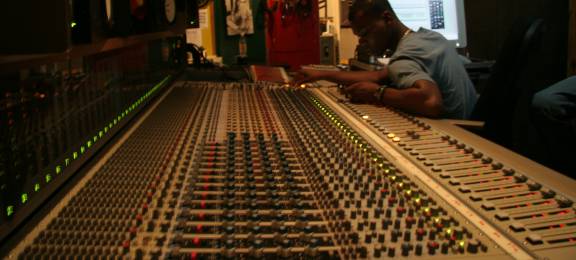Jamaica Juice(10am-9pm Mon.- Thurs., 10am-9:30pm Fri.-Sat., noon-8pm Sun., US$3-5) serves fresh juices, smoothies, and food items, most notably chicken or chickpea roti.

Call or email for assistance planning your trip: +1 (212) 203-0064 | reservations@moonjamaica.com
Jamaica Juice(10am-9pm Mon.- Thurs., 10am-9:30pm Fri.-Sat., noon-8pm Sun., US$3-5) serves fresh juices, smoothies, and food items, most notably chicken or chickpea roti.
Jade Garden ( noon-10pm Mon.-Sat., 11am-9pm Sun., US$12-40) serves MSG-free Chinese food with dishes like Peking duck, roast pork, and the signature pimento steak. Cantonese dim sum is a popular house specialty.
Tea Tree Creperie serves sweet and savory crepes, coffee, tea, and spirited concoctions.
Traditional Lebanese dishes at Y.not.Pita (8:30am-9pm Mon.- Fri., 9am-9pm Sat., 9am-5pm Sun., US$5-15) include soups and salads, falafel, and hum- mus with pita chips as well as Jamaican and Mexican-style chicken, jerk, and curried chicken wraps.
On the top floor of a multiuse building, Sora Japanese Sky Cuisine (11:30am-11pm Mon.-Thurs., 11:30am- midnight Fri.-Sat., US$11-30) offers in- door seating with air-conditioning and outdoor seating alfresco with views of the Blue Mountain foothills toward the northeast and New Kingston to the south. Delectable sushi rolls and sashimi are served in an enjoyable atmosphere with attentive service.
The Deli at CPJ Market (7am-8pm Mon.-Sat., US$8-15) serves soups and salads, sandwiches, pasta dishes, pastries, and coffee with indoor and outdoor seating and complimentary Wi-Fi. The mar- ket sells imported specialty foods, beer, and wine.
Steak House on the Verandah (noon-10pm Mon.-Sat., US$15-30) overlooks the central courtyard at Devon House, serving a varied menu that includes starters like tempura shrimp, chicken wings, pumpkin bisque, grilled salmon, rosemary herbed chicken breast, and fettuccine fungi alfredo, and of course tenderloin, rib-eye, and filet mignon grilled to perfection. Lighter items include Philly cheese steaks, burgers and barbecue chicken sandwiches.
Saffron Indian Restaurant (11:30am-10pm Mon.-Sat., 1pm- 9:30pm Sun., US$20-30) serves North and South Indian dishes as well as Asian fusion, from grilled fish to tandoori shrimp and malai tikka chicken, accompanied by naan and parotha.
Dragon Gate (11am-9pm Mon.-Sat., noon-9pm Sun., from US$7) has excellent fried fricassee chicken and rice, chow mein, curried shrimp, and chicken and broccoli.
Café Africa (9am-9pm Mon.-Thurs., 10am-10pm Sat., 11am-7pm Sun.) specializes in African dishes, both vegetarian and meat. The spot is also the de facto base for the United Negro Improvement Association, now presided over by the restaurant’s proprietor, Stephen Golding, on the site of Marcus Garvey’s original office of the Pan- African unity organization. A bust of Garvey stands at the site, commemorating the national hero.